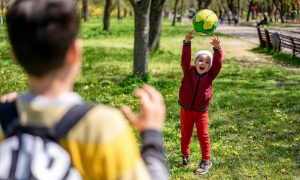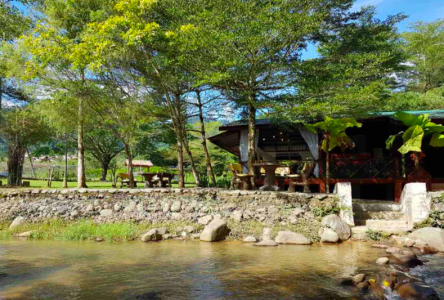I used to assume that adolescence is the period when a person might slip into the dark world of crime, but in Japan, there are people who start stealing food and clothing at the relatively ripe age of 65 plus.
These men and women deliberately commit petty crimes, stealing food and clothes to allow themselves to be caught and sent to prison, a rising phenomenon in this country.
Some of these elders were on welfare and did it out of poverty.
But some of them steal not out of need of food or shelter.
These folks do have family but didn’t feel a sense of belonging, having grown distant from their loved ones over time.
Children move to cities in search of better jobs, leaving parents to survive by themselves.
For these elderly parents, family relationships are no longer what it used to be.
Loneliness, feelings of isolation has become an unwelcome but constant companion. Family support does not exist.
Some have lost contact with their adult children. Some even described life behind bars as an “oasis” where they actually have a community, people to talk to, getting the human attention they crave for.
Some have been caught and sent to prison more than once; repeat offenders who deliberately committed the crimes so that they could be sent to prison again.
For these seniors, being imprisoned but surrounded by others in the same boat is a better deal than living free out there but trapped in your own world.
Japan is a country full of contrasts. On the one hand, you have children who are highly disciplined. Clean homes, rivers and streets. Stunning cherry blossoms.
Japan is famous for centenarians, people who live well till 100.
At the same time, the birth rates are falling at such alarming levels, the young are leaving villages for the cities, villages are deserted, you have elderly parents dying alone, their bodies only discovered later by neighbours or authorities.
The number of elders dying alone is rising. Dying is a reality faced by every living creature.
But what matters is our living experiences. People who die a lonely death in Japan are becoming less of a rare occurrence.
True to its ultramodern status, and recognizing its rapidly ageing society, Japan has invented state-of-the-art solutions, introducing products like wearable sensors which can detect bladder changes to assist seniors with incontinence.
These devices might be helpful, but do not remove the basic need for human interaction.
I come from a family who do not send their elders to nursing homes where all they have are strangers paid to do the job.
A cousin of mine, a retired teacher, cared for her mother-in-law till she was in her nineties. The latter had dementia, not remembering where the bathroom was. But to my cousin, nursing home was never an option.
Whether we want to go down the path of having a society who no longer cares for its aged and elderly is a choice we must make.
We are all traveling the same path; we grow older every day. How we treat our elders who might have grown forgetful, incontinent, and down with a string of illnesses is a reflection of our culturedness.
Granted, caring for ageing parents might be full of challenges. It’s different from taking care of children. With children, you know they are progressing.
Elderly parents, on the contrary, regress. Over time, they probably won’t get much better. You have little idea how long it would take until they breathe their last.
But it won’t be forever. Think about the sacrifices they have made for you. Unconditionally.









